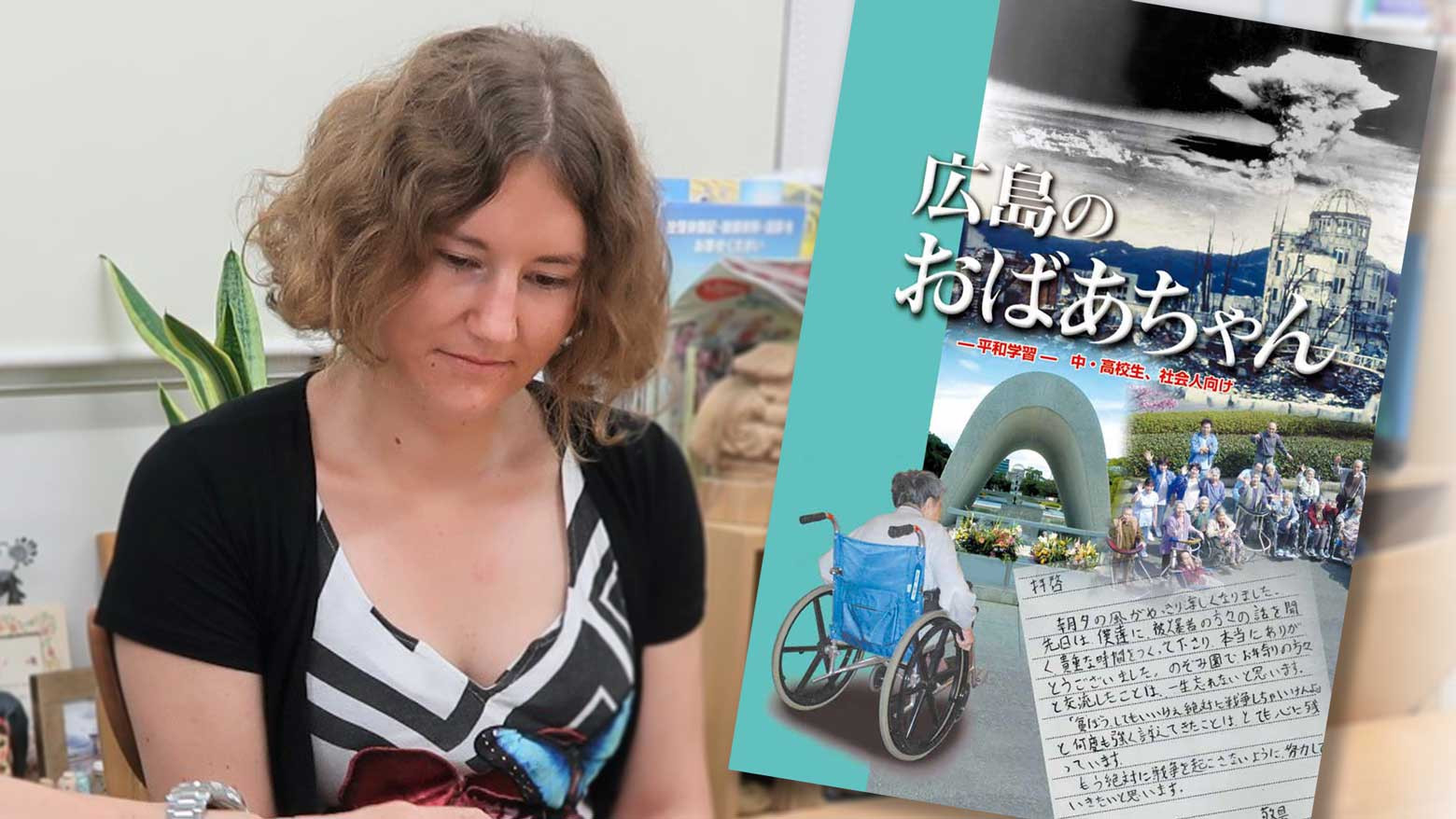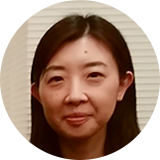An unusual summer internship
Back when she was a student in Germany, Victoria Kropp, a graduate student specializing in peace and international studies, only learned about Hiroshima and Nagasaki as a brief event at the end of the war. Her classes didn't cover what happened after: how the cities rebuilt themselves, and how the bombings affected the lives of citizens. She says she was curious to learn not only about how the survivors coped in the aftermath of such destruction, but also about how the bombings shaped their attitudes toward life.
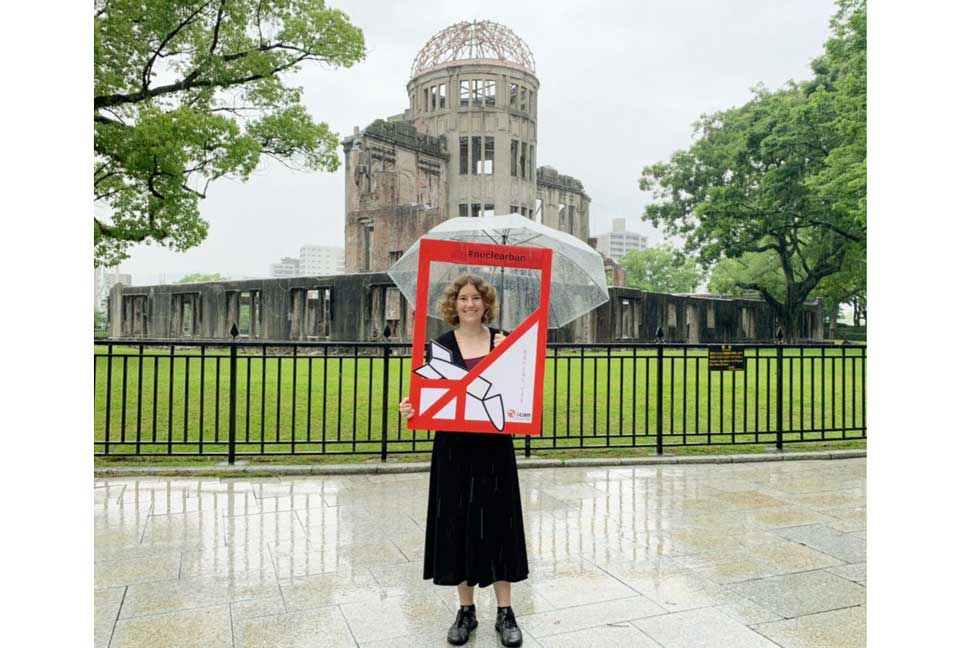
She decided she should head to Hiroshima to learn for herself, so she signed up for an internship with ANT-Hiroshima, a non-governmental organization dedicated to promoting peace. As part of her research she discovered a book that had just what she was looking for.
"Hiroshima's Grandma" is written in the form of a conversation between a child and a woman who survived the attack and recounts the stories of the bombing and the lives of survivors in a lean prose that Victoria found both accessible and affecting.
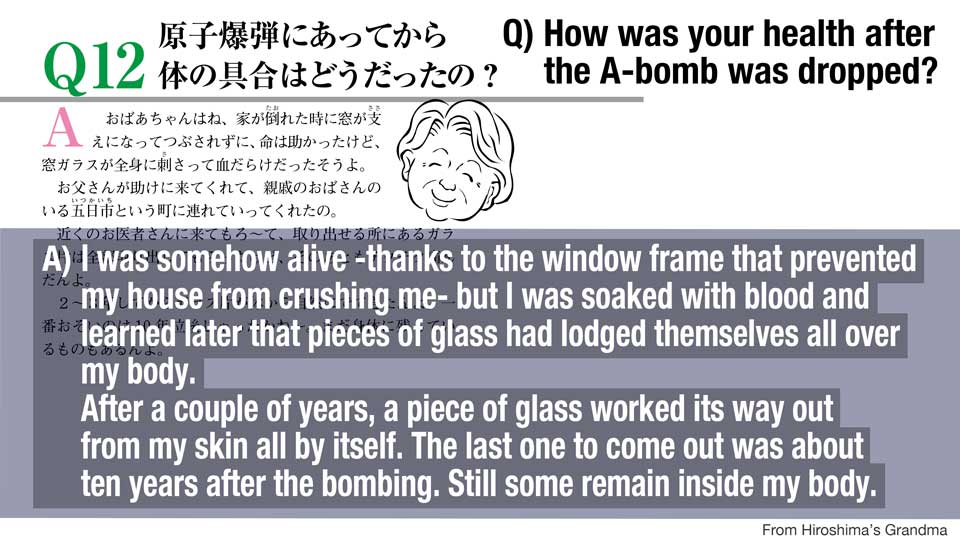
Telling the story in German
Victoria hadn't read any firsthand accounts of the bombings until she came to Japan. She says reading "Hiroshima's Grandma" was an eye-opening experience that helped her understand how much the events still weigh on survivors all these years later.
It struck her that such survivor testimony needed to be available in German, and other non-English foreign languages. Of the approximately 4,000 foreign language documents at The Hiroshima Peace Memorial Museum, about 80% are in English. Only 139 are in German.
Victoria, who learned Japanese in university because of her love for anime, resolved to translate "Hiroshima's Grandma" into her native tongue and contribute to the German literature on the bombings.
To be as faithful to the survivors' words as possible, Victoria studied photographic and video testimony to support the actual text. She even incorporated the Hiroshima dialect used in the book.
For a first foray into translation, it proved to be quite the challenge.
But she found it was worth the effort when she sent an early draft of a translated account to her father for proofreading. The story brought him to tears.
Victoria says her father was so moved precisely because he was able to read the account in his native language. She says his response made her more convinced of the importance of her work, and that survivor testimony needed to be translated and preserved in many languages.
"It's important to find those emotional connections between the biographies of survivors and us," she says. "When people read stories with strong feelings, it will have a greater impact than just reading a sentence that says 'many thousands of people died'."
Online symposium reaches people around the world
On August 6, the United Nations Institute for Training and Research (UNITAR) sponsored a webinar on the 75th anniversary of the Hiroshima bombing. The organization helps developing countries with economic development and issues related to diplomacy and peace. The topic of the event was how to achieve a nuclear-free world in the time of the coronavirus.
The organizers invited Victoria to participate as a representative of young peace activists in Hiroshima. The event drew about 200 participants from countries around the world.
Victoria spoke about her commitment to her work, and the importance of translating testimony on the atomic bombings.
Watch Video: 00:37
At the end of the event, Nakamitsu Izumi, the U.N. Under-Secretary-General and High Representative for Disarmament Affairs, spoke about the importance of young people getting involved in peace activism.
"[They] are getting together and using technology like social media to send messages like 'enough is enough, we need a change'," she said. "They are creating tremendous energy for change."
"I will return to Hiroshima."
As atomic bomb survivors age, their number is dwindling. And in the book, the "grandmother" stresses the importance of reaching out to younger generations.
"I truly hope that, even after the survivors are gone, people around the world will share the spirit in which no one forgets Hiroshima and Nagasaki. I also hope they will strengthen their desire for peace, eliminate nuclear arms, and always strive to live in harmony."
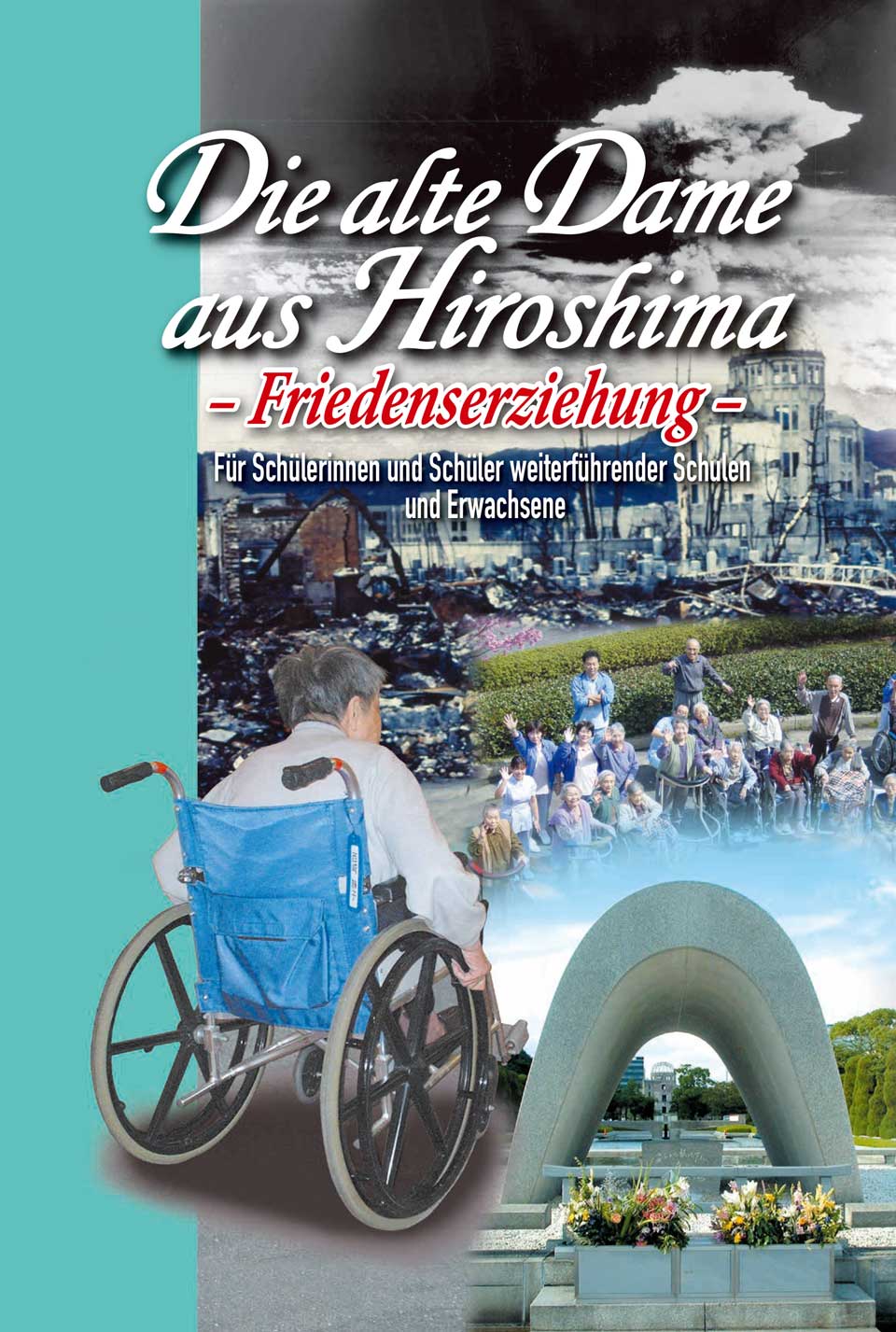
Victoria is back in Germany now, wrapping up work on the translation. But she says she hopes to return to Hiroshima soon, to conduct German-language tours of the city she has come to see as a second home.
